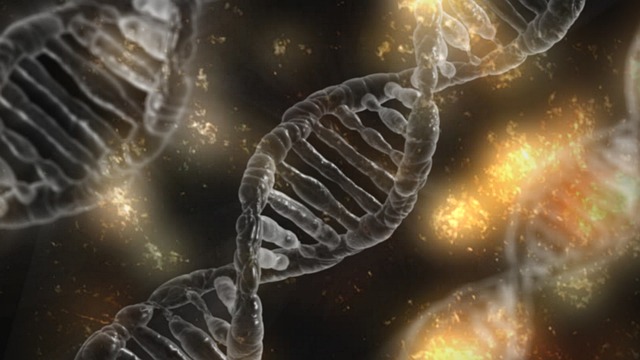
It’s a condition that a great number of people have to deal with because if it isn’t managed, it can lead to health problems that can easily turn fatal. We’re referring to high cholesterol levels.
Right now, we’re accustomed to the idea that cholesterol can be lowered naturally through a healthier (ideally plant-based) diet, a more active lifestyle and better stress management; or medically through surgical shortening of part of the intestines, or by taking drugs.
When it comes to cholesterol-lowering drugs, what stands out is the blockbuster drug known as statins which reduce the amount of cholesterol made in the liver while improving the ability of the liver to cleanse the blood of harmful LDL (low-density lipoprotein) cholesterol. But not everyone can tolerate statins because of some unwanted side effects like muscle pain or weakness.
This is why there’s continuous research going on to figure out other alternatives. And it looks like there’s one promising solution in the works. The best new is — it’s a one-time treatment that has a permanent effect.
It was in 2005 when the discovery of a protein called PCSK9 was made. What the PCSK9 protein does is circulate in the blood and degrade a helpful protein that removes LDL cholesterol from it. The more PCSK9 protein one has, the faster it degrades the LDL cholesterol removing protein, and the higher one’s bad cholesterol levels are. On the opposite end, people who are unable to produce this protein due to mutations in their gene are naturally inclined to have extremely low cholesterol levels.
Taking off from this discovery, scientists have been trying to figure out ways to clear the blood of PCSK9 protein. So far, they’ve developed antibodies that have already been proven effective in lowering cholesterol levels, though their effect in lowering the risk of heart disease remains to be seen. However, these antibodies are quite expensive and will have to be injected every 2 – 4 weeks, making it an impractical solution that only a few can likely afford.
Enter CRISPR, the controversial gene editing tool. By instructing the CRISPR Cas 9 protein (through an RNA guide) — to bind and cut the PCSK9-producing gene such that when it is repaired, it will not be able to produce the PCSK9 protein — then injecting it in mice, scientists at the AstraZeneca drug company led by Lorenz Mayr were able to lower the test animals’ cholesterol levels. More importantly, the drop in cholesterol levels achieved using CRISPR was higher than the drop in levels resulting from the injection of antibody drugs.
The results of the study were disclosed by Mayr at a genomics meeting recently held in London. As reported by New Scientist, Mayr envisions the treatment to be a one-time injection with a permanent effect.
While the approach used seems to be effective, it still falls under conventional genome editing because it involves altering cell DNA. A safer and more acceptable approach according to some (including Mayr) is epigenome editing — controlling rather than editing genes. In the case of PCSK9, the alternative is to modify the CRISPR protein to disable the PCSK9-producing gene instead of altering it.
Whether it’s genome or epigenome editing, human trials are a long way off because of safety and possible issues on morality due to unnatural DNA altering. But if the approach is eventually proven to work, it’s bound to change the lives of millions of people.
- Bulenox: Get 45% to 91% OFF ... Use Discount Code: UNO
- Risk Our Money Not Yours | Get 50% to 90% OFF ... Use Discount Code: MMBVBKSM
Disclaimer: This page contains affiliate links. If you choose to make a purchase after clicking a link, we may receive a commission at no additional cost to you. Thank you for your support!

Leave a Reply